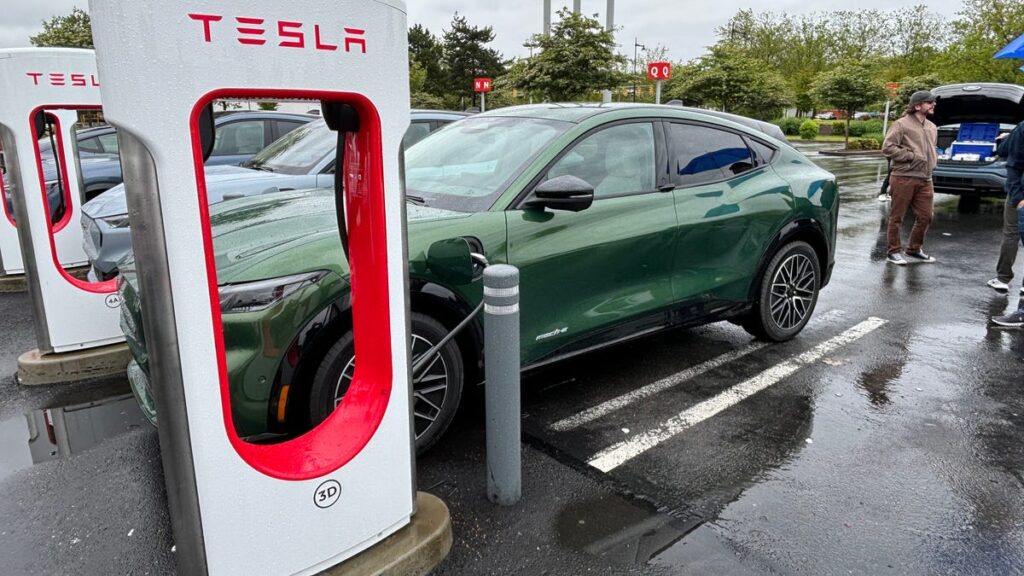The debate over the federal electric vehicle (EV) tax credit has reached a critical point, with significant implications for consumers and automakers alike. As the policy landscape shifts, questions about the future of this credit abound, particularly as political figures and industry players weigh in on its potential repeal.
The EV tax credit, which can provide up to $7,500 for new vehicles and $4,000 for used ones, is currently under scrutiny. This credit is set to expire at the end of 2032, but its fate could change due to ongoing legislative discussions. The credit’s future is uncertain as Congress considers reallocating funds towards a broader tax package.
Many consumers are left wondering whether they can still take advantage of this financial incentive. While some auto dealers have reportedly hesitated to offer the credit upfront as a point-of-sale rebate, others, like Kunes Auto & RV Group, are actively promoting it. “Taxpayers should take advantage of all lawful credits that are available to them that make economic sense for them,” an IRS spokesperson noted.
The Political Landscape
Republicans in the U.S. House of Representatives, led by Speaker Mike Johnson, have suggested that the credit might soon be abolished. Johnson informed Bloomberg, “I think there is a better chance we kill it than save it.” Meanwhile, former President Donald Trump has openly criticized EVs, proposing significant budget cuts to clean energy projects and subsidies.
Despite these challenges, some industry analysts believe the credit’s repeal is not imminent. Mark Luscombe from Wolters Kluwer Tax & Accounting stated, “The House Ways and Means Committee is still looking at how many of the clean energy credits in the Inflation Reduction Act should be repealed.” However, he also acknowledged the likelihood of the credit being included for repeal.
Complex Rules and Industry Impact
For dealers and consumers, the rules surrounding the EV tax credit have become increasingly complex. Scott Kunes, COO of Kunes Auto & RV Group, expressed concerns about this complexity, noting that it creates confusion about which models qualify for the credit. “Phasing out or eliminating the EV tax credit would be a step in the wrong direction,” he warned, emphasizing the importance of the credit in making EVs more accessible.
Consumers are encouraged to visit FuelEconomy.gov to understand eligibility requirements and view a list of qualifying vehicles. The IRS also offers a fact sheet addressing questions about clean vehicle credits.
As the debate continues, the future of the EV tax credit remains uncertain. While legislative and political pressures mount, consumers and industry stakeholders are closely monitoring developments that could impact the adoption and affordability of electric vehicles.
For further information, contact Eric D. Lawrence at elawrence@freepress.com.
Original Story at www.freep.com
